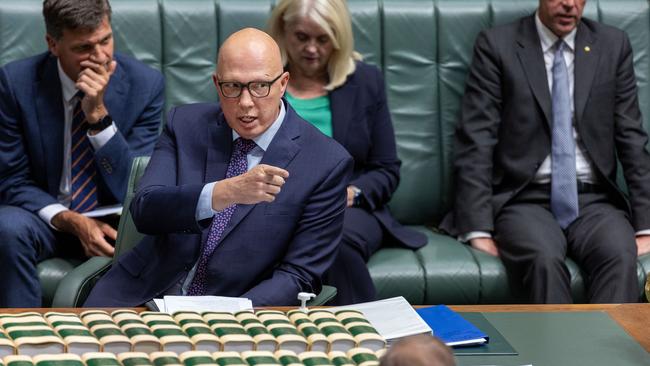
But after this week’s reshuffle and the promotion of two powerful Indigenous opponents of the voice – don’t worry about poor polls two years out from an election – it’s the Opposition Leader who looks strong, it’s the Coalition that looks together and it’s the Indigenous voice supporters inside the Liberal Party who look confused about their position and their allegiances.
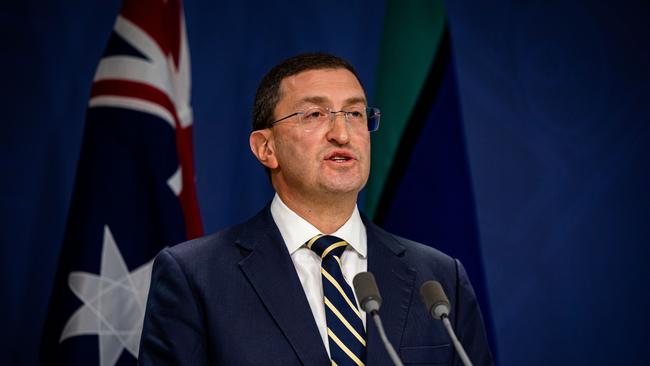
Nothing galvanises a political party like going into battle on a big issue on which your side is (or should be) united. It’s instructive that fewer than 20 Liberals turned up in Perth to hear Ken Wyatt spruik the voice, just before he resigned from the party, compared with nearly 200 to hear Jacinta Nampijinpa Price argue against it.
To people on the centre right, opposition to a constitutionally entrenched Indigenous voice to everyone on everything should be a no-brainer. Even Malcolm Turnbull got that when he originally denounced it as a “third chamber of the parliament”.
To Liberals, the voice is an assault on the principle of equality before the law. To conservatives, it’s eroding the sovereignty of the Crown, entrenching even bigger government and doing nothing practical to fix manifest Indigenous disadvantage and dysfunction.
I can understand why Dutton didn’t want to declare a position too soon because he didn’t want to be labelled a wrecker from day one and because he wanted the fence-sitters on his own side to see how Labor was weaponising constitutional change against them.
But no credible centre-right party was ever going to give a leftist government a blank cheque for drastic constitutional change and it’s only because most commentators are totally out of sympathy with conservatives that they didn’t pick this from the start. As is becoming clearer from testimony to the parliamentary committee (even though it has a disgracefully short time to take submissions, to conduct hearings and to come to its conclusions), as it stands and if carried this voice would make normal government impossible.
That’s actually the intention of the activists who are pushing it. As Megan Davis has said, “you won’t shut up the voice” and “that is the point”. Given the voice’s reach will be into every aspect of government – as confirmed by the PM’s decision to reject expert legal advice and include executive government as well as the parliament in its remit – if it gets up nothing in this country will happen without the consent of descendants of the original inhabitants, even though they make up less than 4 per cent of Australia’s population.
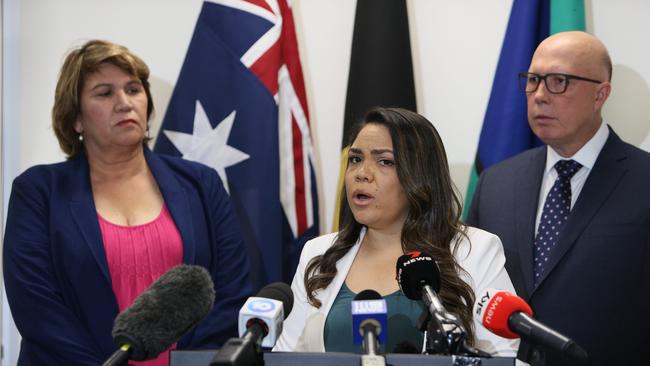
Consider the meaning of the proposed section 129(2) of the new chapter nine in our Constitution: the voice “may make representations to the Parliament and the Executive Government of the Commonwealth on matters relating to Aboriginal and Torres Strait Islander peoples”.
This gives the voice a constitutionally ordained right to offer its opinion to anyone in government on virtually everything because there’s nothing of significance that government does that wouldn’t relate to Indigenous people, specifically or generally.
So if voters support this Trojan Horse of a voice, this is how the process of government would have to change. Every time a big decision was coming up, a new policy, a new spending program, or a change to the law, the voice would need to be notified well in advance and provided with all the relevant information to justify whatever was being proposed.
The voice would then need sufficient time and sufficient resources to consider the matter carefully and to come to its own position. And should it make a representation to the decision-maker, that individual or agency would have to take it extremely seriously or end up in the High Court. Where, I might add, the taxpayer would foot the bill for both sides of any legal action – the voice and the government entity.
As Anthony Albanese has said, only a brave government could ignore the voice’s advice. Because if the voice were not, in fact, given all the information, time and resources needed to make a representation – and if the government failed to take that representation seriously – any government decision taken against or even without the advice of the voice could be struck down in the High Court as against the Constitution.
If the Prime Minister is to have any credibility in dismissing the capacity of the voice to interfere in all the normal processes of government, from setting interest rates to where we put a military base, he needs to specify, in advance of the referendum, exactly what things this voice should and should not be able to do – but he can’t do that because to do so would invite denunciation by Indigenous activists.
And that’s why Albanese’s stuck, increasingly unpersuasive as he tries to reassure the public it is no big deal while winking and nodding to the activists that his maximalist model will give them “their country back” via co-governance, which is precisely what this voice is.
To those who want to think a break in bipartisanship means this referendum is doomed, think again. Just look at the 100-year-old record of oppositions holding their seats in by-elections that recently fell in Aston. Add in the fact this has not been an orthodox referendum process – there has been no constitutional convention, only scant detail put out and now a perfunctory parliamentary committee process to review the final bill.
Consider, too, the woke foundations and billionaires that are making seven-figure donations to the Yes campaign and when the government is shortly to mount a multimillion-dollar taxpayer-funded education push that will surely be propaganda for the Yes case. Millions of voters whose news comes via a curated social media feed, as yet, probably aren’t aware that a No case even exists.
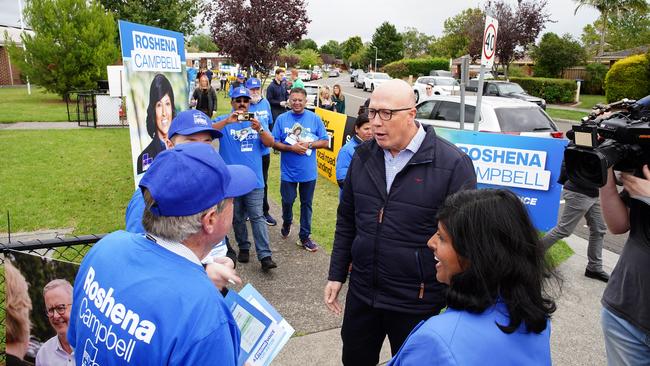
Even so, now that the one figure in our public life with a megaphone to rival the Prime Minister’s is fully engaged, this should change. The presence on the campaign trail of Price will help to refute the Yes case smear that only racists would vote No.
Losing this referendum will badly damage the Albanese government. It won’t be the end, but it will certainly be the end of any lingering honeymoon.
Likewise, beating the referendum won’t make Dutton prime minister but it will definitely establish his credentials as an Opposition Leader. Meanwhile, as well as leading the No campaign, he needs to get on with the policy work needed to ensure that the next Coalition government is so much better than the last one.
Now that he has the self-confidence to say No to the government on the voice, maybe Dutton might start to say No to the government’s almost insane energy policy and profligate social spending too? Fingers crossed.



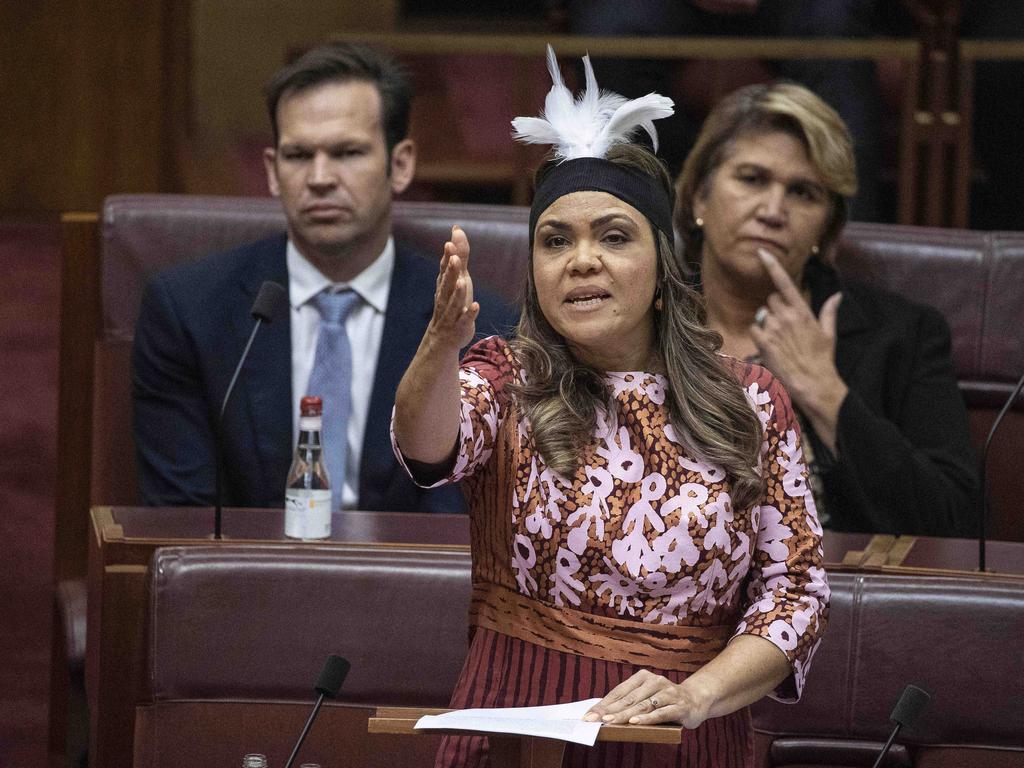
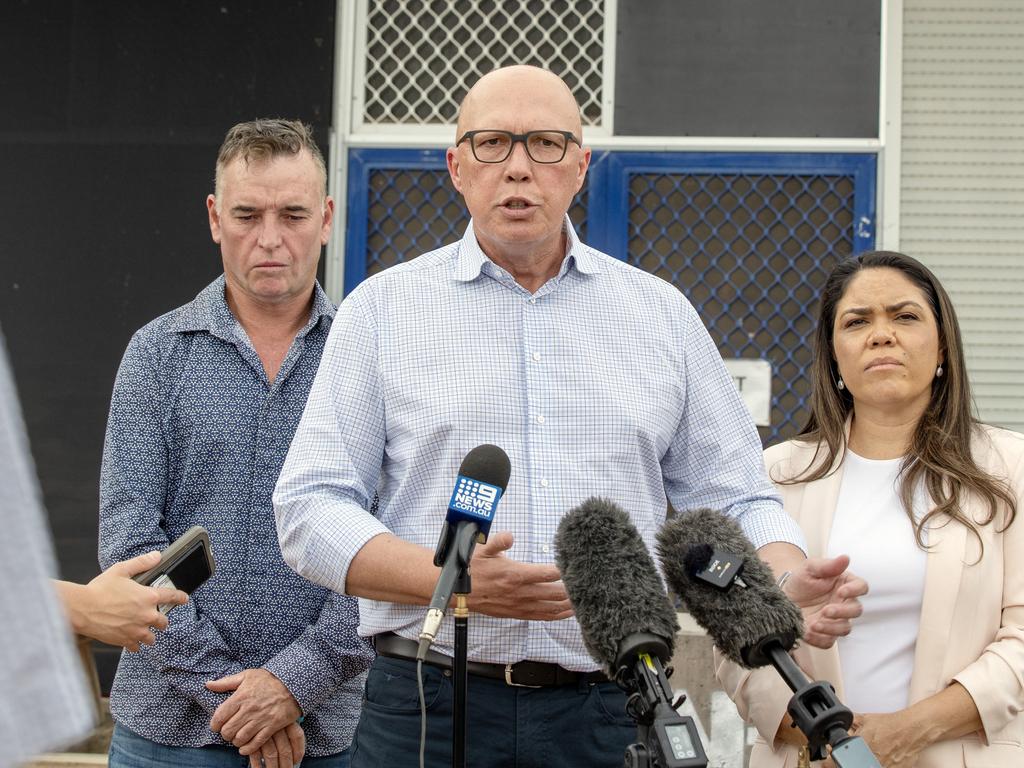
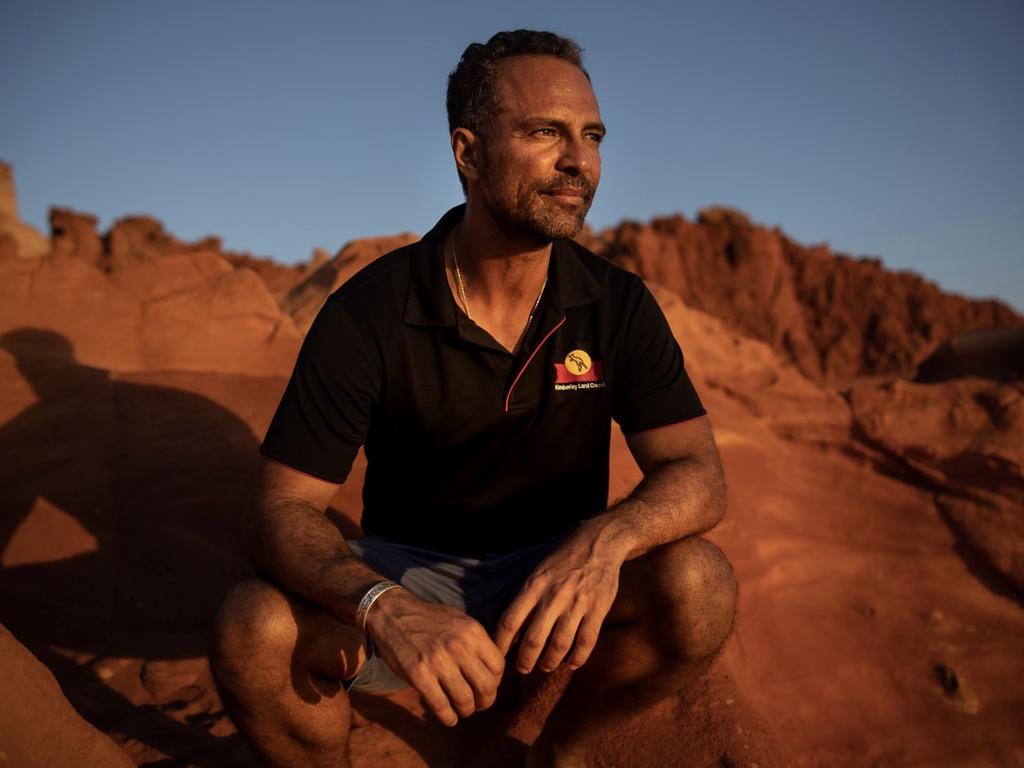


The mark of a good leader is being able to turn a difficulty into an opportunity. Losing Julian Leeser from the Coalition frontbench last week because he wouldn’t back Peter Dutton on the voice was positioned by his critics as a serious setback, especially with opposition Senate leader Simon Birmingham also ostentatiously refusing to say where he stood or to resign.